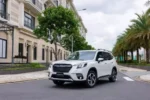While other carmakers are gradually transitioning to electric vehicles to catch up with the trend, Toyota appears to be quite cautious in this field.
Toyota President Akio Toyoda believes that electric vehicles will never account for more than one-third of the market and consumers should not be forced to buy them.
Instead of investing time and money into electric vehicles, Toyota will choose to purchase carbon credits to meet EPA regulations.
CEO Ted Ogawa emphasized that the company will prioritize meeting the needs of customers, with a focus on electrification solutions, especially hybrid vehicles with internal combustion engines.
Many experts believe that by 2030, more than half of the new car market will be electric, but our current plan is around 30%. “
Currently, Toyota is building a $13.9 million battery manufacturing facility in North Carolina, for EV and hybrid vehicles sold in North America. Currently, the company only offers two electric models, the Toyota bZ4X and Lexus RZ450e.
From 2021 to the present, Toyota has invested a total of $17 billion in producing electric and hybrid vehicles in the US.
To bridge the gap between proposed vehicle emission regulations and actual products, Toyota believes this requires something like buying credits, a not easy but still better option than investing without results.
The CEO of the Japanese carmaker believes that Toyota can currently follow in the footsteps of brands like Tesla in electric vehicle production, but the company is definitely making efforts to catch up, not only in terms of products but also the electric vehicle ecosystem, including home charging and energy management.
The CEO of Toyota also acknowledges that while the company’s vehicles are better than Chinese cars, it is still difficult to compete in terms of price.
TH (Tuoitrethudo)

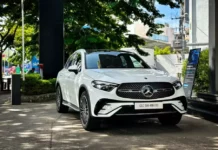
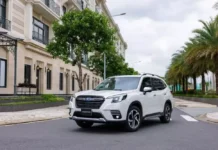
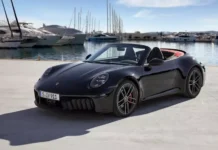




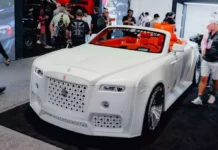
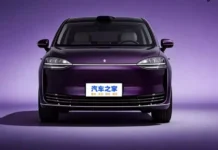

















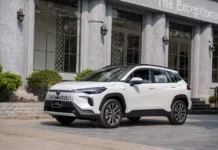
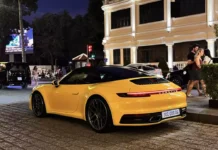
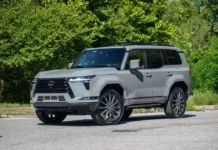
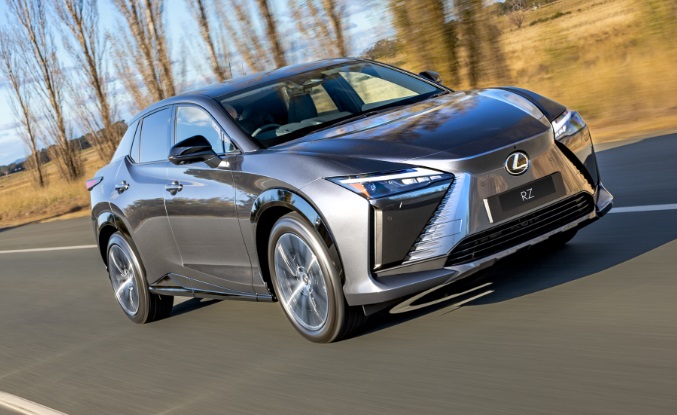
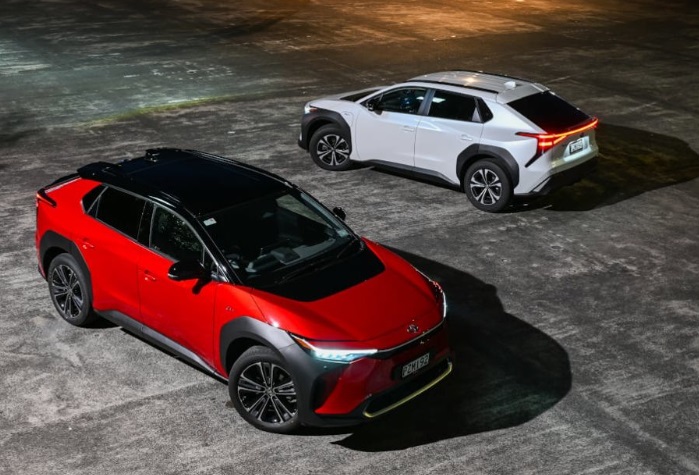
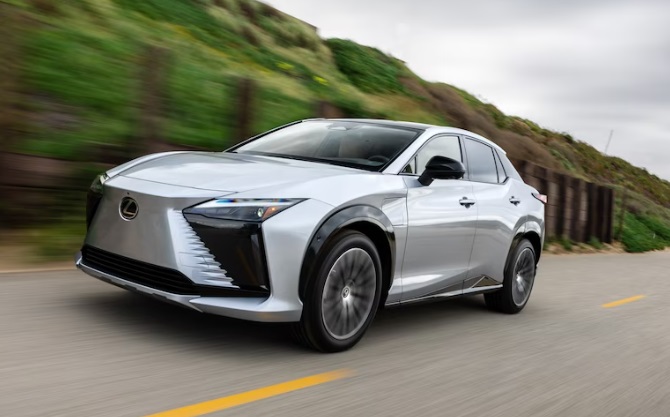
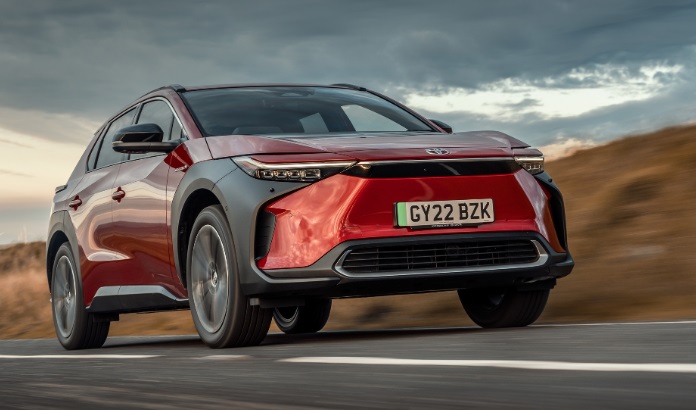
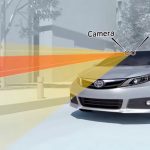
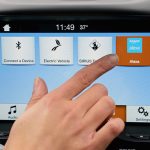
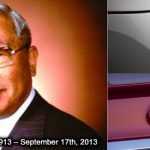
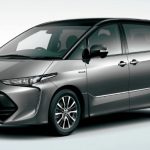
![[Quick Review] Hyundai IONIQ 5 – A Vehicle from the Future](https://vnauto.net/wp-content/uploads/2023/10/xehay-hyundaiioniq5-18052022-2-150x150.jpg)

